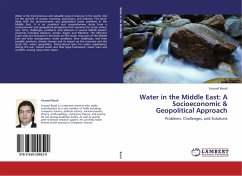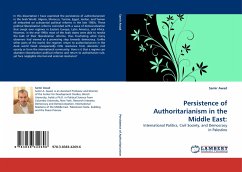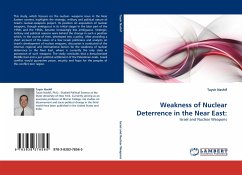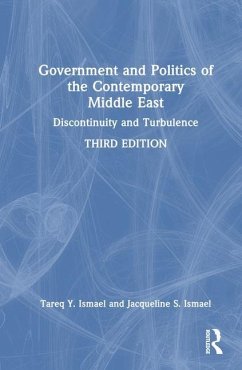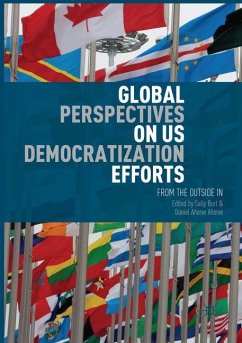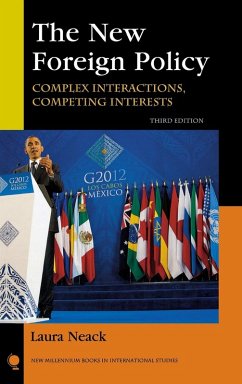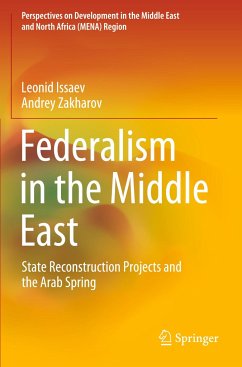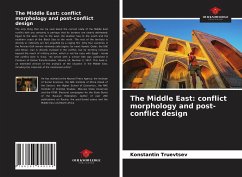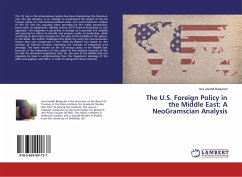
The U.S. Foreign Policy in the Middle East: A NeoGramscian Analysis
Versandkostenfrei!
Versandfertig in 6-10 Tagen
16,99 €
inkl. MwSt.

PAYBACK Punkte
8 °P sammeln!
The US role in the international system has been dominating the literature over the last decades, in an attempt to understand the impact of the US foreign policy on international political order. The most dominant analysis of the US role has arguably been provided by the realist perspective, particularly its hegemonic stability theory (HST) branch.According to this approach, the hegemon is perceived as benign as it provides the stability and security for others to benefit and prosper under its leadership, while sacrificing its short-term interests for the sake of the stability of the system. I...
The US role in the international system has been dominating the literature over the last decades, in an attempt to understand the impact of the US foreign policy on international political order. The most dominant analysis of the US role has arguably been provided by the realist perspective, particularly its hegemonic stability theory (HST) branch.According to this approach, the hegemon is perceived as benign as it provides the stability and security for others to benefit and prosper under its leadership, while sacrificing its short-term interests for the sake of the stability of the system. In this book, the author challenges this theory by using the neo-Gramscian theory that was introduced in the 1970s by Robert Cox based on the writings of Antonio Gramsci regarding the concept of hegemony and ideology. The book focuses on the US foreign policy in the Middle East because of the importance of this region to the material interests of the US and the dominant hegemonic class. So, the case of the Middle East can arguably be ideal in understanding how the hegemonic ideology of the elites was applied, and still is, in order to safeguard those interests.



